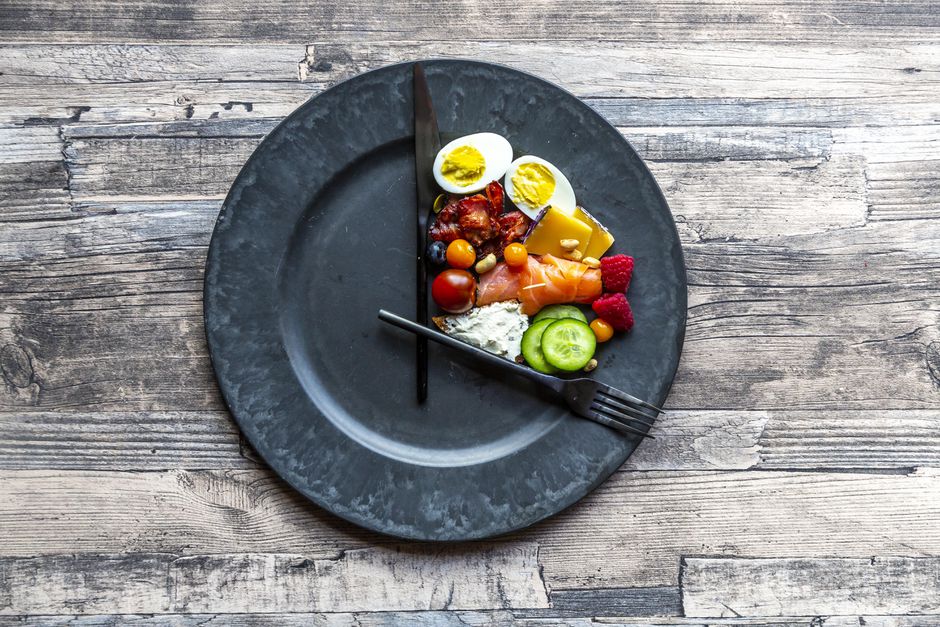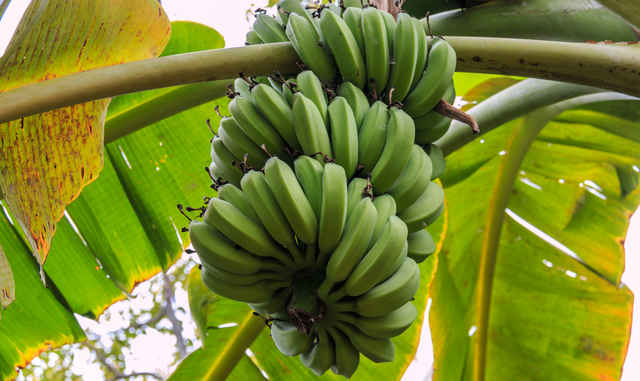New Delhi: Intermittent fasting (IF) is an eating pattern where you cycle between periods of eating and fasting. It is one of the most popular approaches to fast for a period of 16 hours, followed by 8 hours of eating. Half of the fasting phase involves sleep which reduces the amount of time spent consciously fasting, leading to the usage of higher energy only when conscious.
Intermittent Fasting is a perfect approach for obese or overweight individuals who want a diet that will complement fat loss while maintaining or building muscle. This works well due to the excess fat storage being spent for energy during the fasting phase. Intermittent Fasting just like many other diets requires a nutrition expert to create the right diet so the body does not run out of energy and can keep one focused for longer.
How To Fast
16/8 intermittent fasting is simple, safe, and sustainable.
To get started, begin by picking an eight-hour window and limit your food intake to that time span.
Many people prefer to eat between noon and 8 p.m., as this means you’ll only need to fast overnight and skip breakfast but can still eat a balanced lunch and dinner, along with a few snacks throughout the day.
Others opt to eat between 9 a.m. and 5 p.m., which allows plenty of time for a healthy breakfast around 9 a.m., a normal lunch around noon, and a light early dinner or snack around 4 p.m. before starting your fast.
However, you can experiment and pick the time frame that best fits your schedule.
Additionally, to maximize the potential health benefits of your diet, it’s important to stick to nutritious whole foods and beverages during your eating periods.
Filling up on nutrient-rich foods can help round out your diet and allow you to reap the rewards that this regimen has to offer.
Try balancing each meal with a good variety of healthy whole foods, such as:
- Fruits: Apples, bananas, berries, oranges, peaches, pears, etc.
- Veggies: Broccoli, cauliflower, cucumbers, leafy greens, tomatoes, etc.
- Whole grains: Quinoa, rice, oats, barley, buckwheat, etc.
- Healthy fats: Olive oil, avocados, and coconut oil
- Sources of protein: Meat, poultry, fish, legumes, eggs, nuts, seeds, etc.
Drinking calorie-free beverages like water and unsweetened tea and coffee, even while fasting, can also help control your appetite while keeping you hydrated.
On the other hand, binging or overdoing it on junk food can negate the positive effects associated with 16/8 intermittent fasting and may end up doing more harm than good to your health.
What to note?
Consult with a doctor if you have chronic health issues, before embarking on an IF diet.







